Budget 2019: What are the M&E industry’s expectations?
With just a day remaining for the presentation of the last Budget of the current Government, there is a long list of demands from the industry. As is known, the Union Ministry of Finance has stated that this would be an Interim Budget and not a full Budget ahead of the upcoming Lok Sabha Elections.
With Finance Ministry Arun Jaitley undergoing treatment in the US, Union Minister Piyush Goyal will present the Interim Budget on February 1, 2019.
The Media and Entertainment industry grew at approximately 11 per cent in the last year and created many jobs. It is expected that media industry will keep growing at approximately 13 per cent CAGR. Adgully presents the foremost expectations from Budget 2019 for the M&E industry:
Broadcast
Partho Dasgupta, CEO, BARC India:
“The broadcasting sector is in the midst of a changing ecosystem, given the backdrop of the New Tariff Order. The upcoming Union Budget will be crucial in terms of upgradation and streamlining of tax laws. We also expect significant government investments to create jobs in the M&E sector, which is an aspirational sector for today’s youth. A friendlier FDI regime, too, would no doubt encourage more investments, and boost long-term growth of the industry. Government schemes have helped boost ‘Make in India’, and we are hoping more efforts would be taken in this direction. From a television measurement perspective, lower TDS for Section 8 companies like BARC India as well as exemption from 18 per cent GST would be welcome.”
Rajat Nigam, Chief Technology Officer, Network18:
“I shall be looking at reforms and relaxations that would help adoption of intelligent systems for enhancing Data and Content security that is so critical for the media industry in the current technology era. One must appreciate that content, which is the core asset of the Broadcaster and Media houses, is now virtually available anywhere and at any time, and faces potential risk all through for theft, breach and unauthorized access. Additionally, there is a need of reforming the operational guidelines that are aligned with the shrinking gap between traditional and new age media.”
Radio
Nisha Narayanan COO, Red FM:
“For the radio industry, FDI policies, tax and duties rationalisation are some areas that need focus during the Union Budget. Radio has entered into additional Tier 2-3 markets as part of Phase 3 expansion; and for industry to look at additional cities for launching newer stations, the setup capex cost is something which needs to be lowered. This is only possible if the Budget rationalises the import duties on radio equipment which currently is around 30 per cent. A reduction in this will surely make it more viable for both the smaller and larger players to look at setting up newer stations. We expect the budget to look into rationalising import duties on the transmission and other related equipment in this union budget. This in fact will also bring in new local players who might want to participate in the Batch 3 of Phase 3 auctions and grow the medium in many untapped cities. Currently, the FDI stands at 49 per cent for the radio industry. Liberalisation of same will also majorly help in private FM station to reach the current media dark cities in India.”
“GST for radio advertising is currently at 18 per cent. We would expect the GST to also be brought down to the 5 per cent slab, making the medium more price competitive. This will encourage advertising growth and garner more business in the upcoming financial year. Since radio has last mile reach, lowering of GST will enable small businesses to advertise and expand their businesses.”
Media & Entertainment
Jigar Zatakia, Founder & CEO, FirstEconomy:
“Equalisation levy that was introduced in the year 2016 is taking a toll on the margins. This is because the total amount is required to be paid to the Facebook, LinkedIn, etc. (Only few media players enjoy the credit line where they can deduct Equalisation levy and pay the amount and over and above levy is to be paid to the government, which increases the cost by 6 per cent, where margins are as low as 8-12 per cent. Levy paid should be allowed as a credit while payment of taxes or a reduction in rate will be helpful.”
“The government should spend more in digital media for tenders, jobs should be done through digital media where SME digital players should be given opportunity to grow.”
“The government should boost growth of startups as they are the ones who spend a lot on digital media and tech. The boost can be in the form of simplifying the taxation on fundraising, any form of subsidies, etc. Benefits can also be given to ME industry for job creation in future.”
Amod Khare, Partner, Media & Entertainment, Tax Advisory Services at EY:
“The CBDT has been issuing clarifications on various positions from to time to reduce litigation. Additional clarifications or amendments in the law on existing procedures (such as timelines for granting refunds, issue of lower withholding tax certificate, etc.) would go a long way in easing the concerns of the M&E sector.”
Mr. Pradeep Dadha, Founder and CEO of Netmeds.com.
"Media and Entertainment industry has grown at approximately 11 per cent in the last year and is expected to keep the momentum with CAGR 13 per cent this year. It has been instrumental in proving its resilience to the world, the Indian M&E industry is at crossroads, on the cusp of strong growth backed by rising consumer demand and bolstering advertising revenues. The industry is expected to grow at a much faster rate than the global average rate. Our budget expectation include auguring taxation on fundraising and infusing the industry with subsidies. We also hope that the budget will delineate more specific plans for connecting the remote villages through high speed optic fiber networks and building Wi-Fi spots for a digitally integrated country and connecting remote villages with the hinterland for maximum accentuation.”





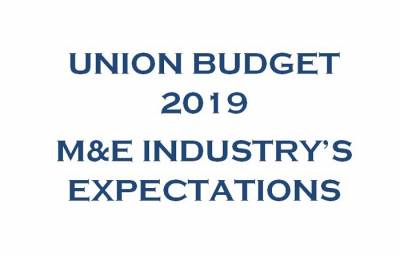
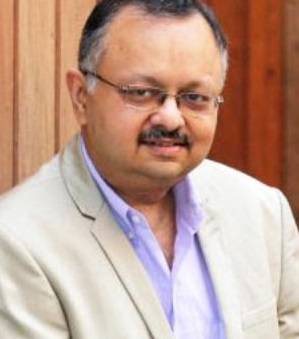
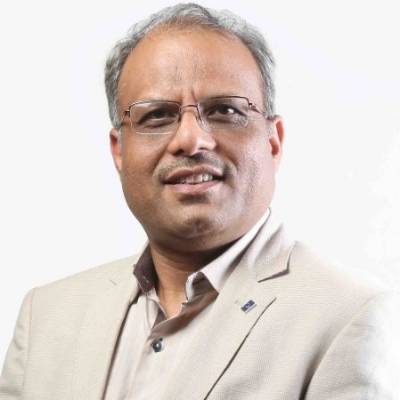





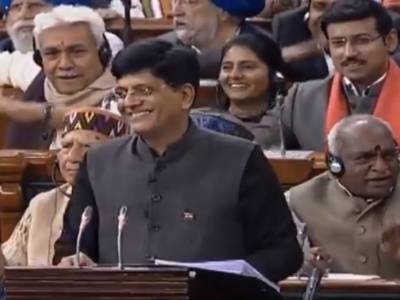
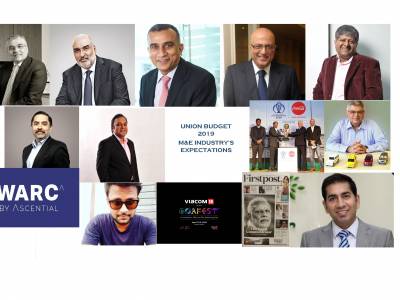

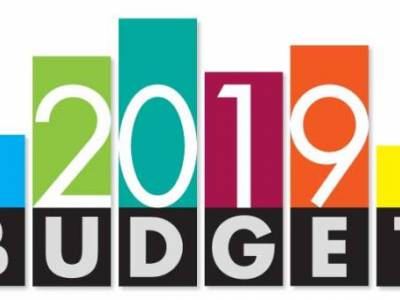
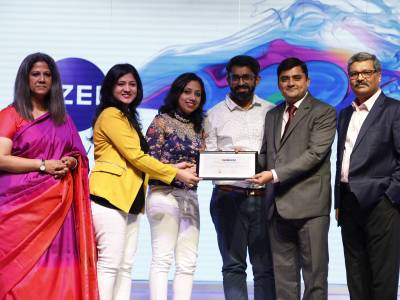

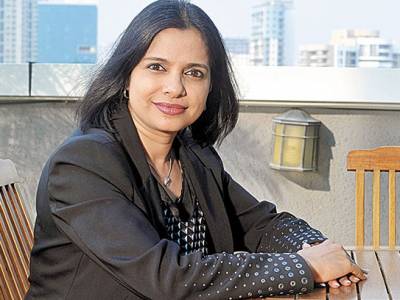
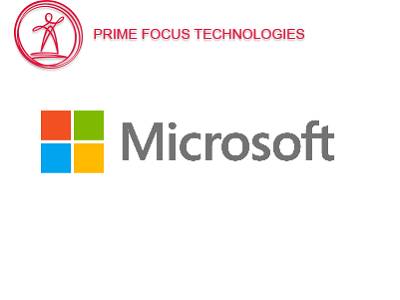

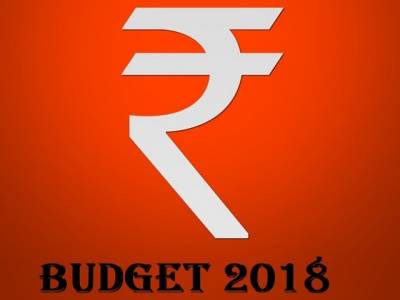


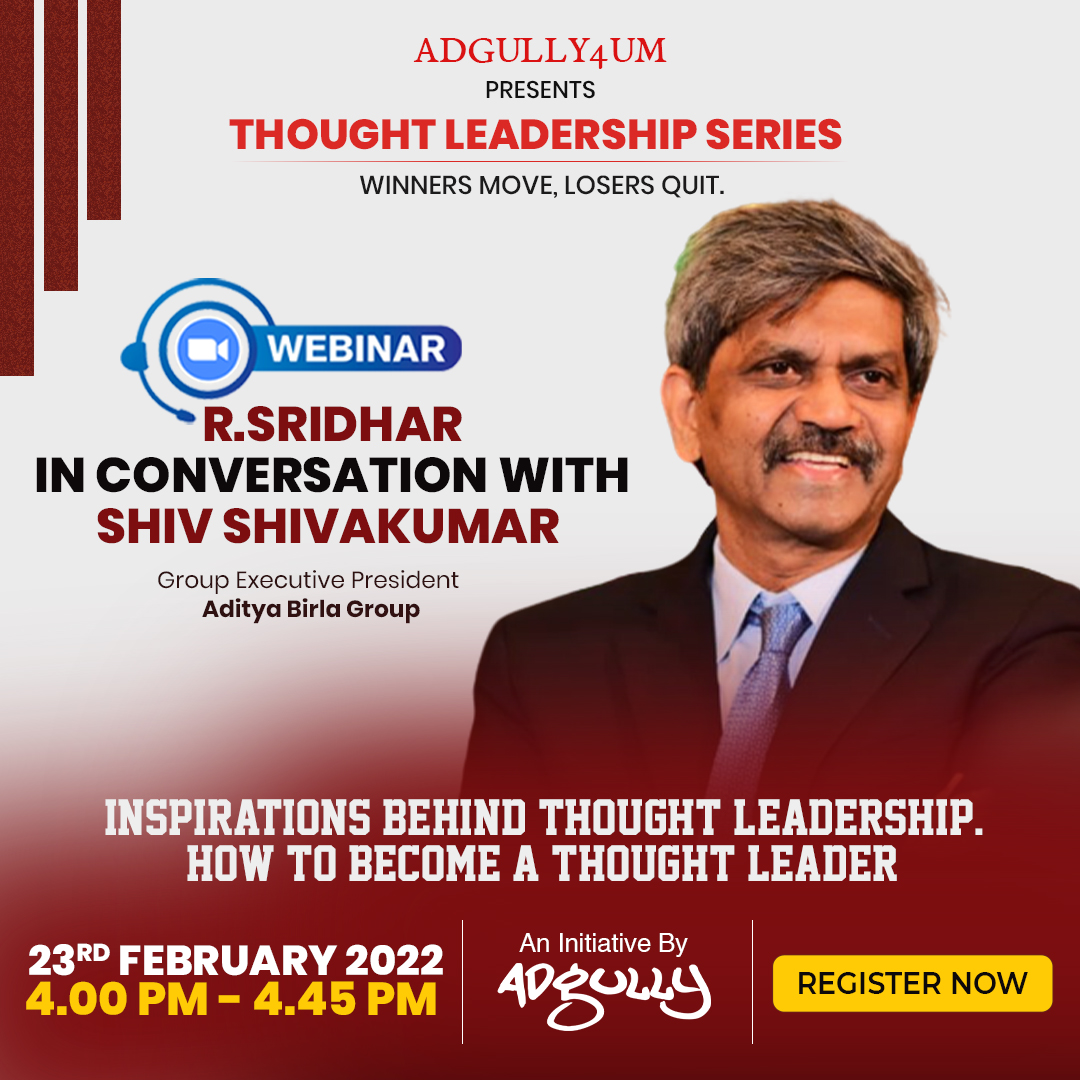
Share
Facebook
YouTube
Tweet
Twitter
LinkedIn